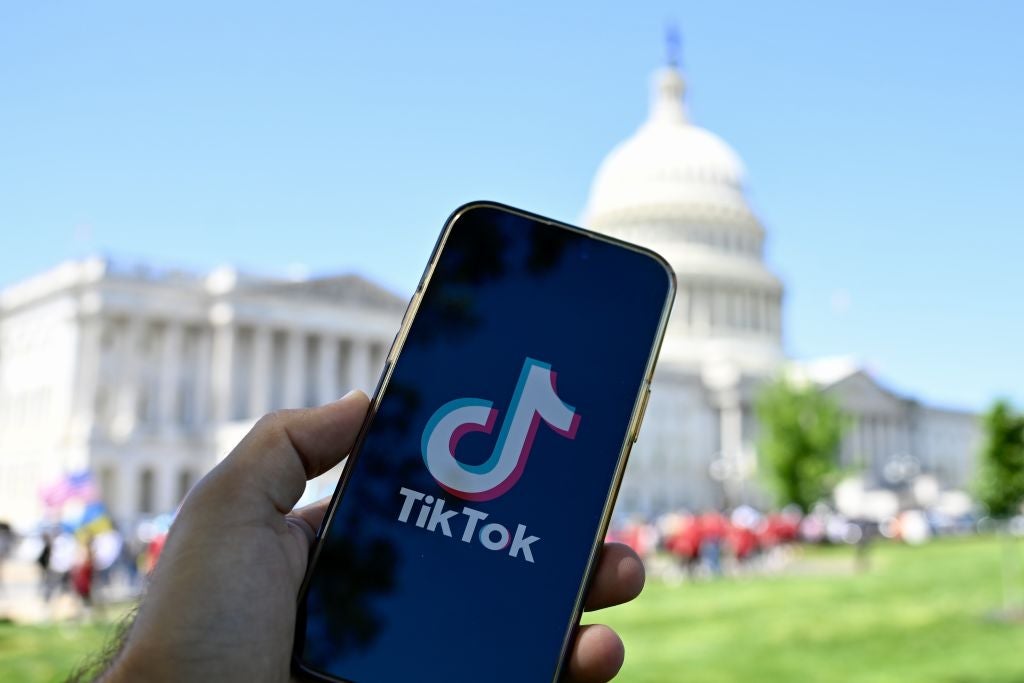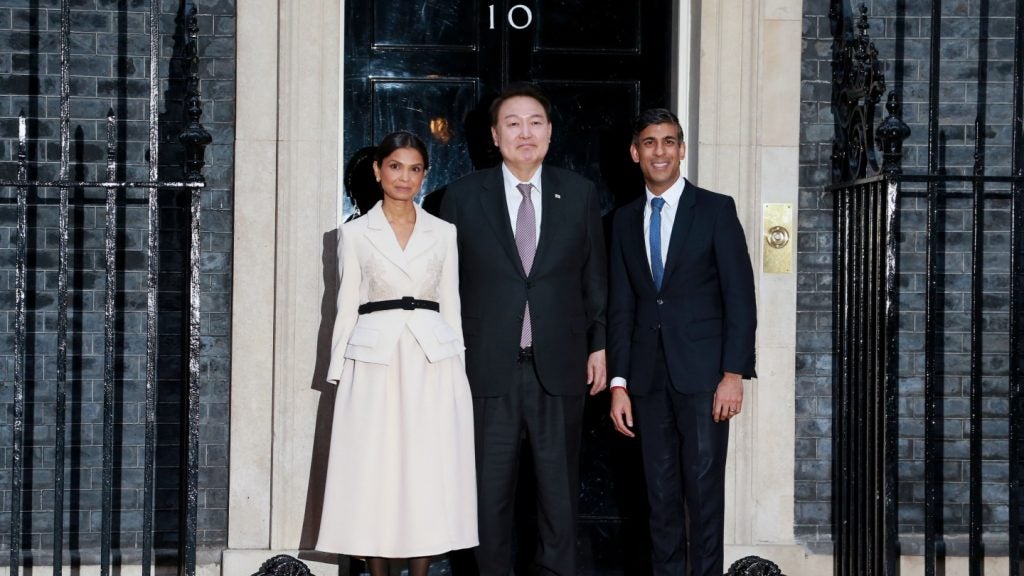
There are 106 days until the UK leaves the European Union on the 29 March 2019. Theresa May has fended off a vote of no-confidence from her party. The vote on her Brexit deal has been delayed. What happens next?
Having won the confidence vote with 200-117 votes, May has secured immunity from a challenge to her leadership for another year.
However, the vote lays bare the divisions within her party and does not change the uphill struggle she faces to win support from MPs on her withdrawal agreement.
A no-confidence motion from the opposition, a general election, a second referendum, a no-deal Brexit or Brexit cancelled entirely are all possibilities at this stage.
Nothing is certain, but here’s what could happen next in the Brexit saga.
Parliamentary arithmetic
Theresa May needs to secure 320 votes from MPs to pass her Brexit deal through Parliament. Knowing that she would fall short of that number, May postponed the vote on Monday, conceding that if she “went ahead and held the vote the deal would be rejected”.
How well do you really know your competitors?
Access the most comprehensive Company Profiles on the market, powered by GlobalData. Save hours of research. Gain competitive edge.

Thank you!
Your download email will arrive shortly
Not ready to buy yet? Download a free sample
We are confident about the unique quality of our Company Profiles. However, we want you to make the most beneficial decision for your business, so we offer a free sample that you can download by submitting the below form
By GlobalDataNothing has changed that fact since winning the vote of no-confidence. The vote on her Brexit deal will take place before 21 January, Downing Street has said.
And May’s official spokesman did not rule out holding the vote before Parliament breaks for a two-week recess over Christmas. This means the vote could, in theory, take place in the final days before Christmas.
Today Theresa May is in Brussels for an EU summit, where she will seek legally binding pledges from EU leaders over the Irish backstop – the most divisive aspect of her withdrawal agreement.
The EU has said it will not renegotiate the backstop arrangement. However, they might give May some temporary assurances.
Many feel this is unlikely to be enough to win over the support of MPs, especially those who are against the backstop in any shape or form.
21 days or 21 months?
If May is able to win support for her deal in a Commons vote, the government will pass the withdrawal agreement into law.
The deal must also be approved by the European Parliament before it can come into effect, potentially leading to legal wrangling over the trickier elements of the withdrawal treaty. If all goes as May plans, the UK will leave the EU on 29 May and begin the 21-month transition period, during which the two sides will negotiate trade agreements.
But what happens if – as is widely expected – May is unable to get her Brexit deal through parliament?
In this scenario, she will have 21 days to report back to parliament on “how it proposes to proceed”.
During this period, MPs will have the opportunity to express their opinion on the government’s plans.
Any motion the government brings back to Parliament will be amendable, which could see MPs vote to prevent a no-deal scenario.
Theresa May could also attempt to renegotiate with Brussels once more during this period, but the EU has repeatedly said this is not possible.
No-confidence number two
The Prime Minister might be safe for a year from her own party, but she is still vulnerable to a vote of no-confidence motion from the opposition.
Labour has said it will only table a motion of no-confidence unless it knows it can win. This would involve having the Democratic Unionist Party onside, which is against the backstop arrangement entirely.
A successful vote of no-confidence could lead to a general election. In theory, a successful party running on a second referendum pledge could argue they have a democratic mandate to go back to the electorate.
However, the message from Labour has been to respect the referendum result, but there are schisms within the party over this that could change this approach.
There is also growing support for a ‘People’s Vote’, which would allow the public to have the final say on the Brexit deal. The government has repeatedly ruled out this possibility, but a change of government could make it possible.
Finally, there is a slim chance that Brexit could be cancelled after the European Court of Justice ruled that the UK could unilaterally cancel Article 50.
This will almost certainly not happen under the current government. A new government would need a strong mandate to take this option and it would undoubtedly result in more division across the UK.






